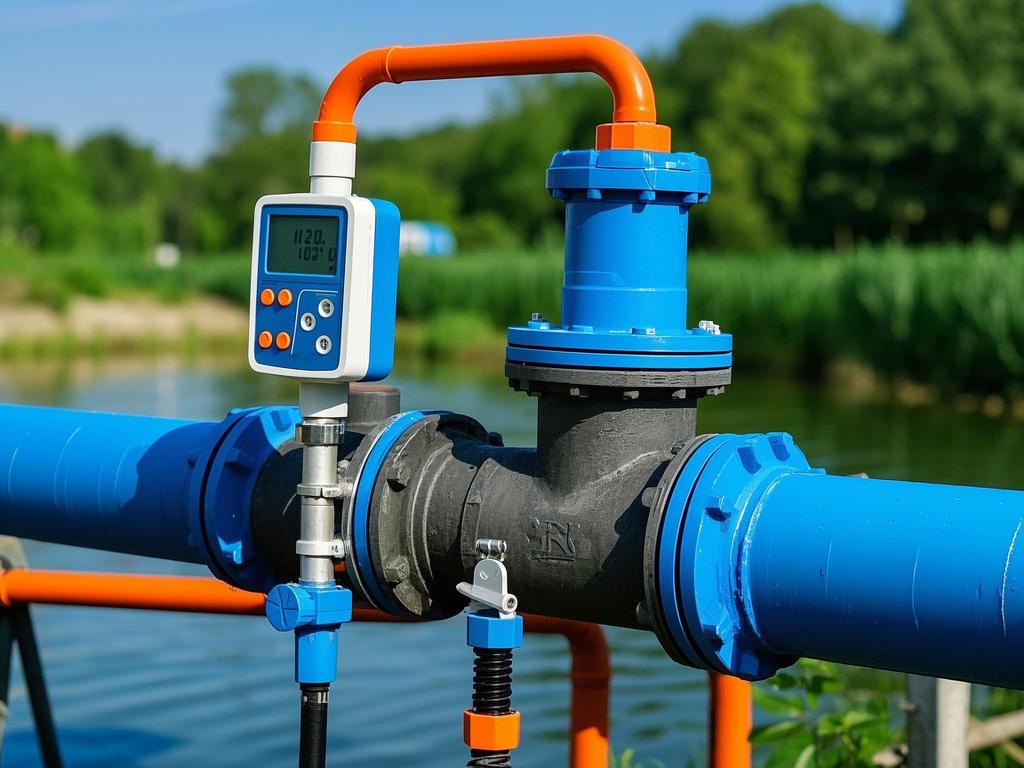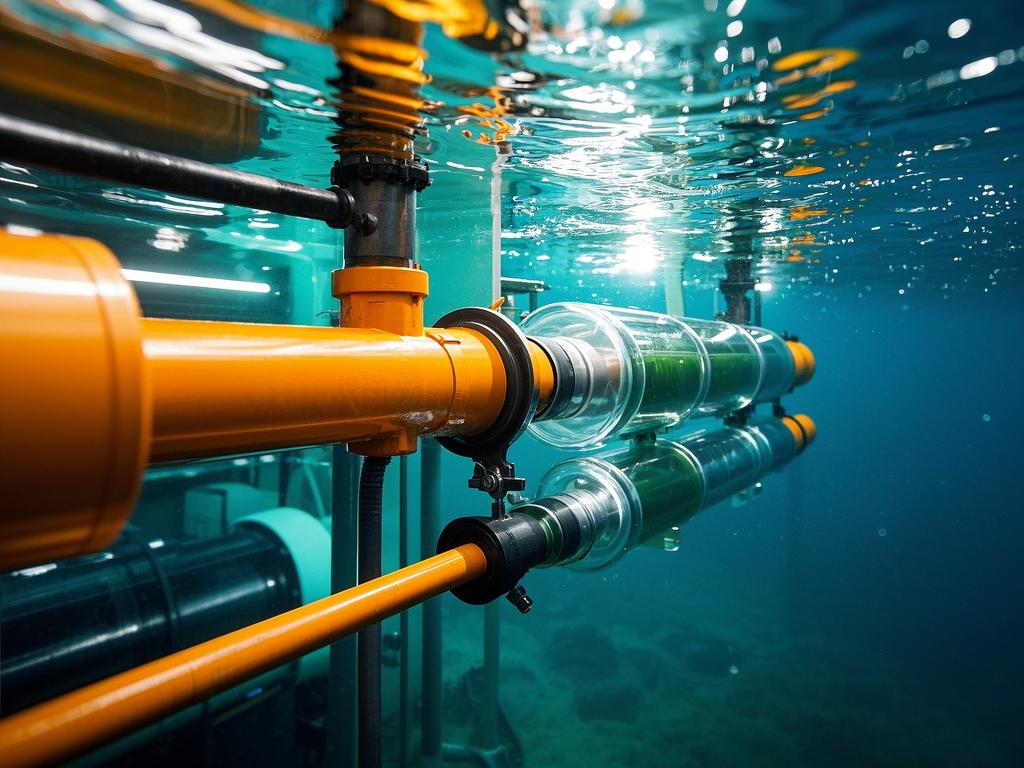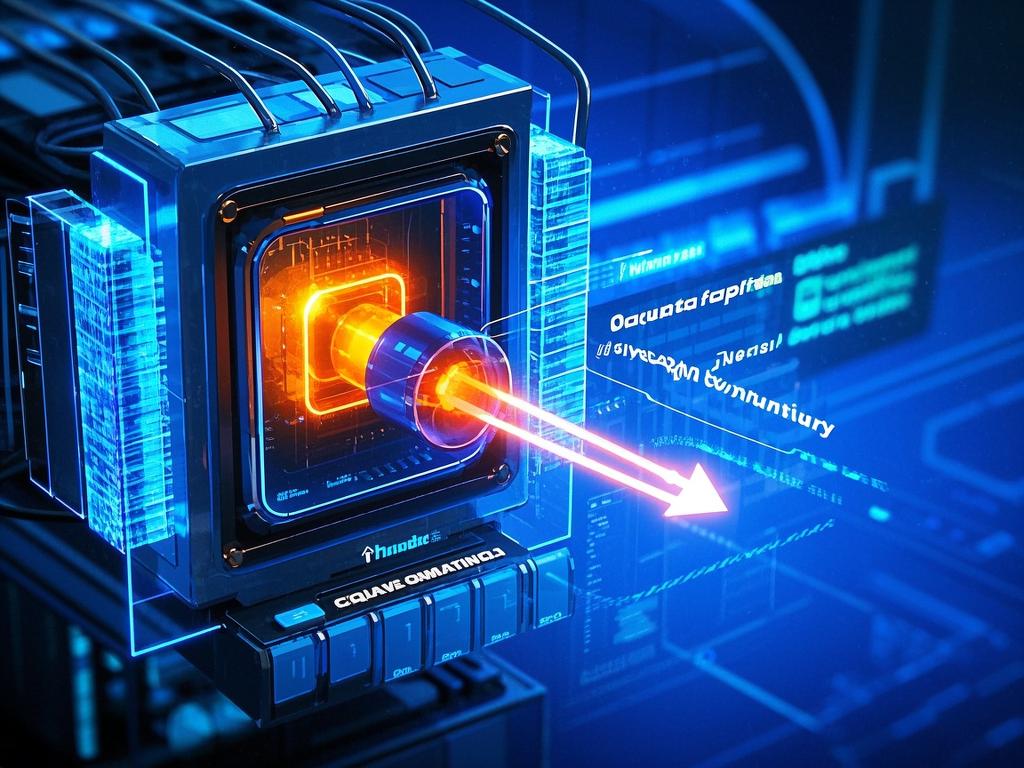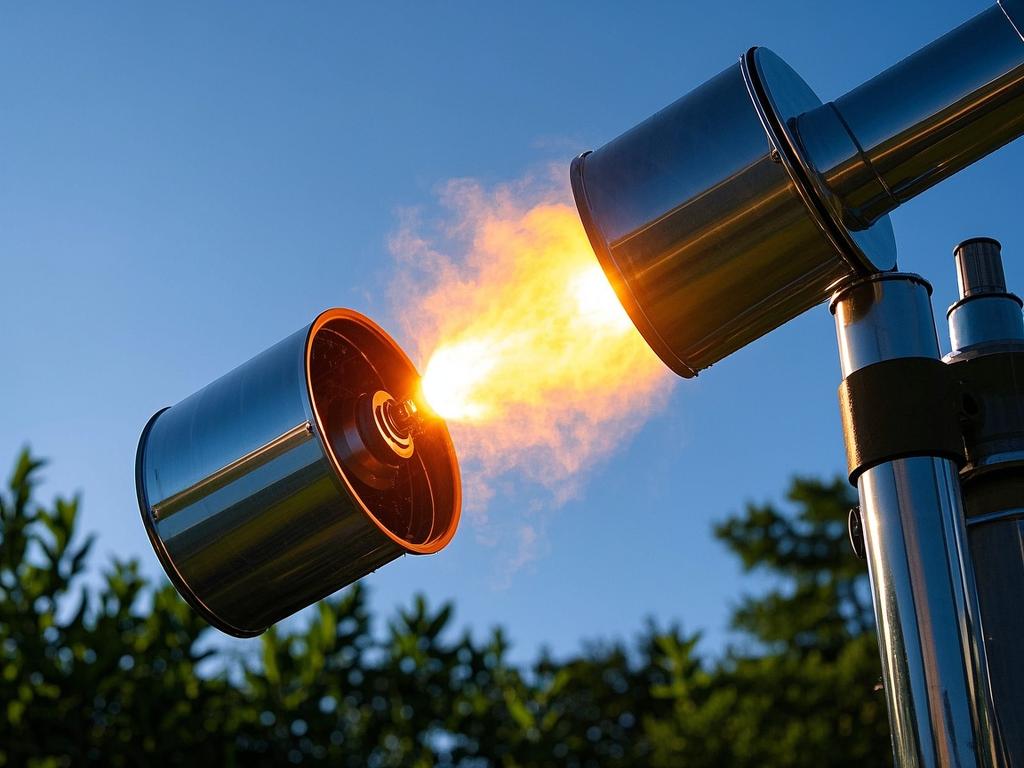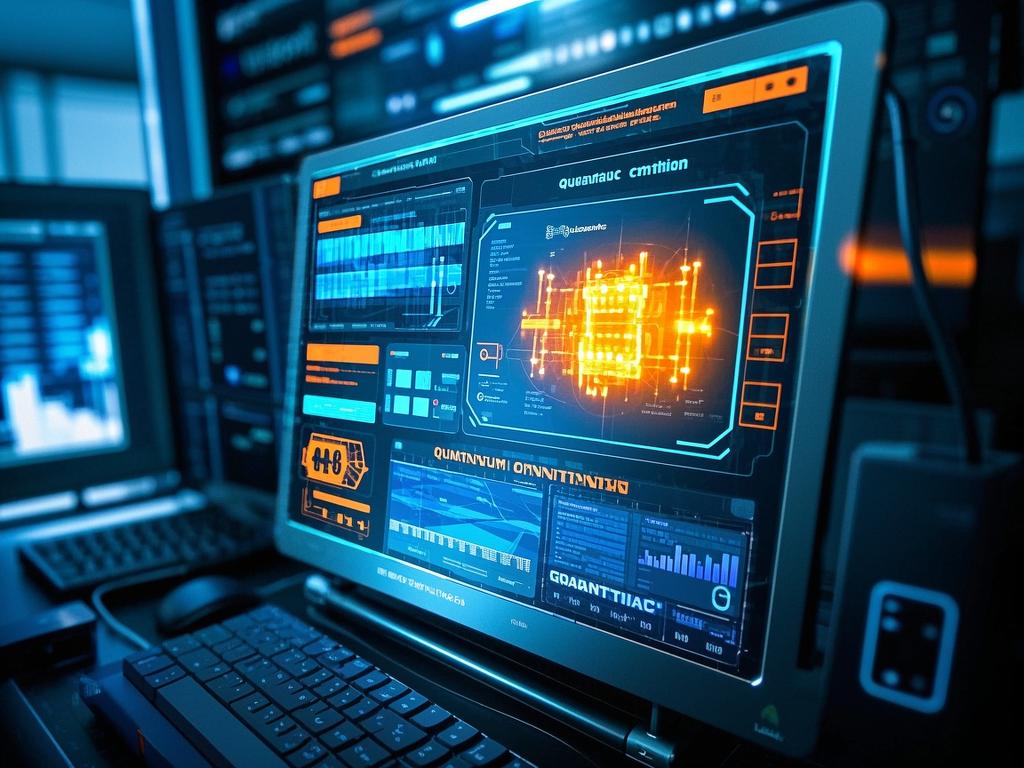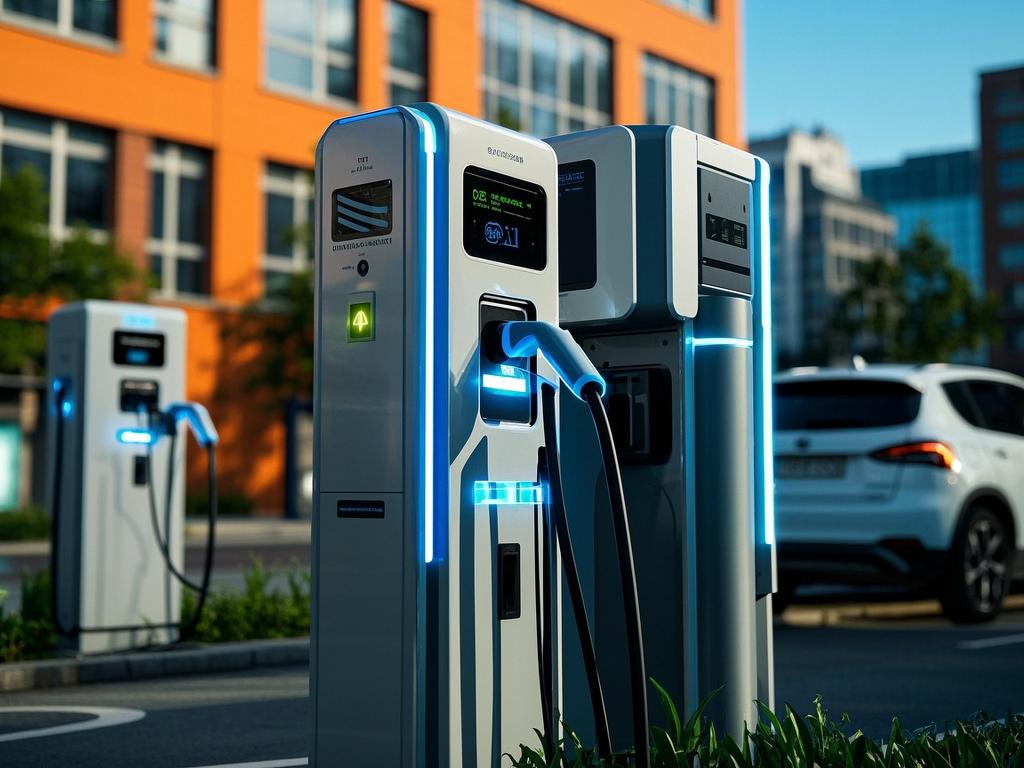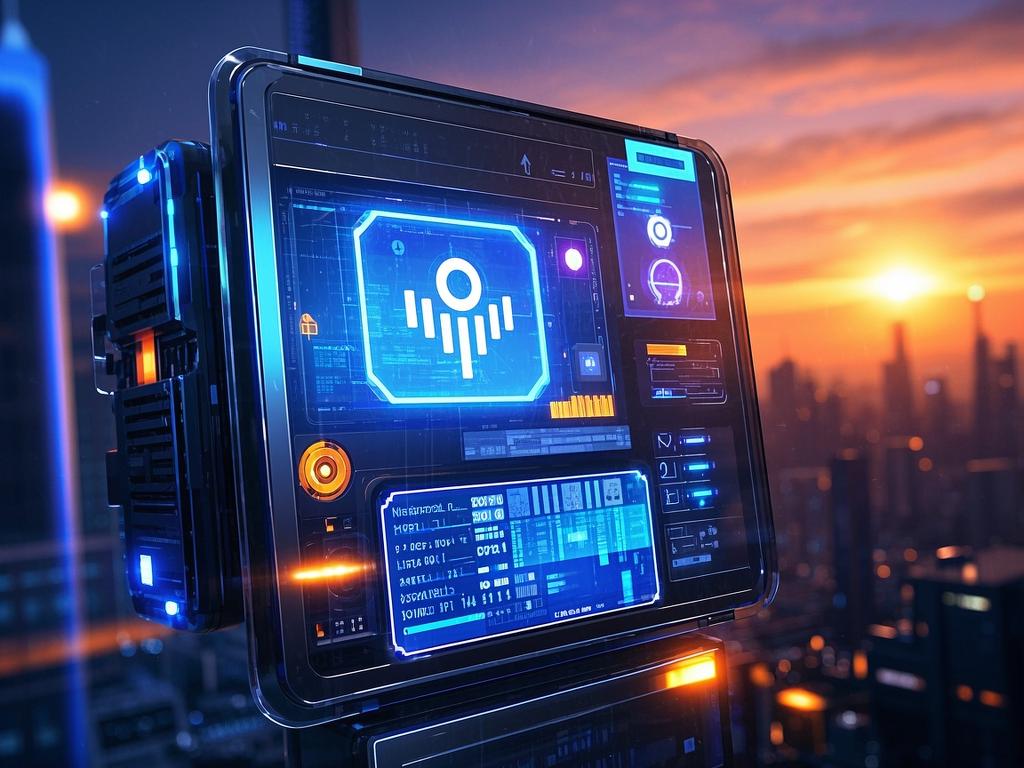Science
Smart Water Management Systems: Ensuring Sustainable Water Use
# Smart Water Management Systems: Ensuring Sustainable Water Use
In a world where water scarcity is becoming an ever more pressing issue, smart water management systems are emerging as a crucial solution. These innovative technologies have the potential to revolutionize the way we use and conserve water, ensuring its sustainable availability for future generations.
## The Global Water Crisis: A Looming Threat
Water is the lifeblood of our planet, yet it is a finite resource. According to the United Nations, around 2.2 billion people lack access to safe drinking water, and by 2025, an estimated two-thirds of the world's population could be facing water stress. This crisis is exacerbated by factors such as population growth, urbanization, climate change, and inefficient water management practices.
In many parts of the world, rivers and aquifers are being depleted at an alarming rate. In India, for example, the groundwater level has been dropping by an average of 0.3 meters per year, leading to concerns about the sustainability of agriculture and drinking water supplies. In California, the ongoing drought has forced drastic water conservation measures, including strict restrictions on outdoor water use and the implementation of water rationing.
## Enter Smart Water Management Systems
Smart water management systems leverage the latest technologies, such as sensors, data analytics, and IoT devices, to monitor, control, and optimize water use. These systems can provide real-time data on water consumption, leaks, and水质, enabling proactive decision-making and targeted interventions.
One of the key advantages of smart water management systems is their ability to detect and prevent leaks. Traditional leak detection methods often rely on manual inspections, which can be time-consuming and ineffective. Smart sensors, on the other hand, can continuously monitor water flow and pressure, detecting even the smallest leaks in real-time. This not only helps to conserve water but also reduces water bills for consumers.
Another benefit of smart water management systems is their ability to optimize water distribution. By analyzing data on water demand, pressure, and quality, these systems can adjust the flow of water in real-time, ensuring that it is delivered where and when it is needed most. This can help to reduce water losses due to leaks and inefficient distribution networks, as well as improve the reliability and quality of water supplies.
Smart water management systems can also play a crucial role in promoting water conservation. By providing consumers with real-time information on their water use, these systems can encourage them to adopt more water-efficient behaviors. For example, smart meters can display daily, weekly, or monthly water consumption data, allowing consumers to track their usage and identify areas where they can reduce their water footprint. Additionally, some smart water management systems can send alerts to consumers when their water use exceeds a certain threshold, prompting them to take action to conserve water.
## Case Studies: Success Stories of Smart Water Management
There are already many examples of successful smart water management systems around the world. In Singapore, the national water agency, PUB, has implemented a comprehensive smart water management system that includes smart meters, sensors, and data analytics. This system has helped to reduce non-revenue water (NRW) from 18% in 2007 to 8% in 2018, saving an estimated 30 million cubic meters of water per year.
In Barcelona, Spain, the city has implemented a smart water management system that uses sensors to monitor water quality, pressure, and flow. This system has helped to improve the efficiency of the water distribution network, reduce water losses, and improve the quality of water supplies. Additionally, the city has launched a public awareness campaign to encourage residents to conserve water, which has resulted in a significant reduction in water consumption.
In Australia, the state of Victoria has implemented a smart water management system that includes smart meters, sensors, and data analytics. This system has helped to reduce water consumption by 15% since its implementation in 2008, saving an estimated 45 billion liters of water per year. Additionally, the system has helped to improve the reliability and quality of water supplies, as well as reduce the cost of water treatment and distribution.
## Challenges and Opportunities
While smart water management systems offer significant benefits, there are also several challenges that need to be addressed. One of the main challenges is the high cost of implementing these systems, which can be a barrier for many municipalities and water utilities. Additionally, there are concerns about the privacy and security of the data collected by these systems, as well as the potential for cyberattacks.
Another challenge is the need for standardization and interoperability. There are currently many different types of smart water management systems on the market, each with its own proprietary technology and data format. This can make it difficult for municipalities and water utilities to integrate these systems into their existing infrastructure and to share data between different systems.
Despite these challenges, there are also significant opportunities for smart water management systems. As the demand for water continues to grow and the availability of water becomes more limited, there will be an increasing need for innovative solutions to manage water resources more efficiently. Smart water management systems have the potential to play a key role in meeting this need, by providing real-time data, optimizing water distribution, and promoting water conservation.
## The Future of Smart Water Management
Looking ahead, the future of smart water management looks bright. As technology continues to evolve, we can expect to see even more advanced and innovative smart water management systems emerge. These systems will likely incorporate new technologies, such as artificial intelligence, machine learning, and blockchain, to further improve the efficiency and effectiveness of water management.
For example, artificial intelligence and machine learning algorithms can be used to analyze large amounts of water data and to identify patterns and trends that can help to optimize water use. Blockchain technology can be used to securely store and share water data, as well as to facilitate transactions between water users and providers.
In addition to technological advancements, there will also be a growing need for collaboration and partnerships between different stakeholders in the water sector. This includes municipalities, water utilities, technology companies, researchers, and consumers. By working together, these stakeholders can share knowledge, expertise, and resources, and develop innovative solutions to address the global water crisis.
## Conclusion
Smart water management systems are a crucial solution to the global water crisis. These innovative technologies have the potential to revolutionize the way we use and conserve water, ensuring its sustainable availability for future generations. While there are still challenges that need to be addressed, the opportunities for smart water management systems are significant. As technology continues to evolve and collaboration between stakeholders increases, we can expect to see even more advanced and innovative smart water management systems emerge in the future. So, let's embrace these technologies and work together to ensure a sustainable future for our planet's most precious resource - water!
What are your thoughts on smart water management systems? Do you think they will play a crucial role in addressing the global water crisis? Share your comments below!


